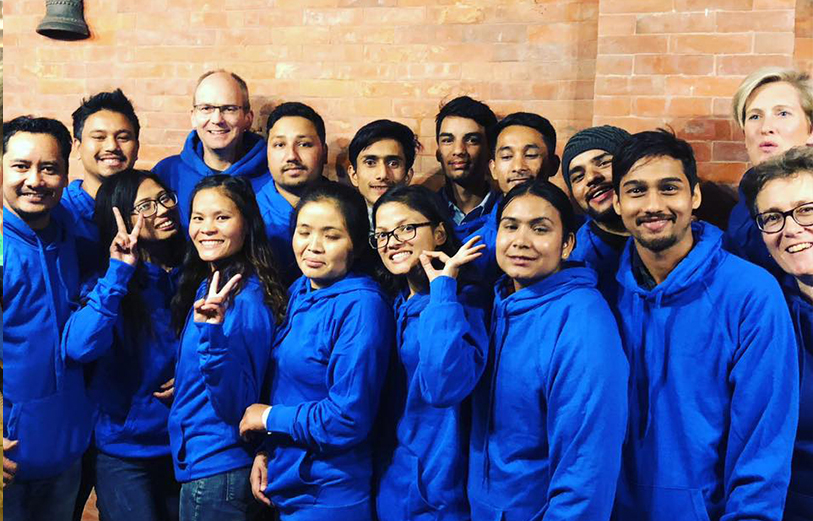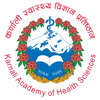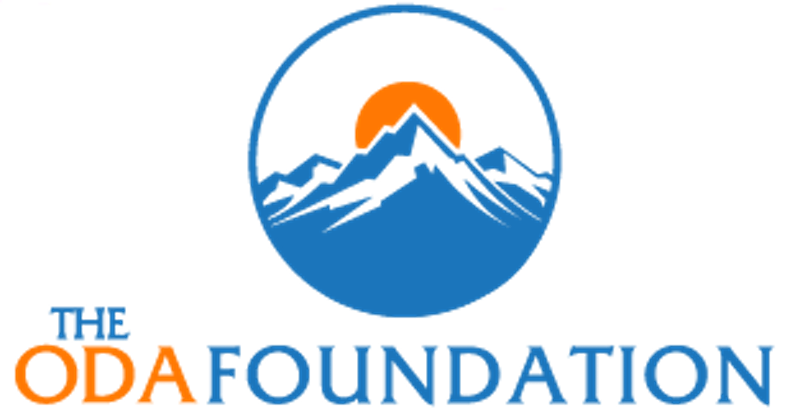Our Story
Doctors for Nepal is dedicated to transforming healthcare in rural Nepal, by providing scholarships to students from disadvantaged backgrounds to study at Nepali medical schools, and delivering health projects and emergency response. All our medical, nursing, and midwifery scholars make a commitment to serve in a remote area for at least two years, greatly reducing the disparity in access to healthcare in rural Nepal.
We are building a self-sustaining network of Nepali-trained healthcare professionals committed to equal healthcare in rural regions, so creating an enduring impact.
Our Journey
In 2006 Kate Yarrow, a young UK doctor, was posted to western Nepal by the international aid organization Médecins Sans Frontières. The only doctor in a small hospital perched on a mountainside and several days’ walk from a paved road, she experienced first-hand the desperate medical need of the isolated communities. The situation was exacerbated by the harsh mountain environment, political instability, and the poor economic status of the country. Her medical assistant, Lalit, dreamed of becoming a doctor to serve his community, but the training fees were far beyond the reach of his impoverished family. On returning to the UK, Kate vowed that, if he could gain a place at medical school, she would raise the funds to pay for Lalit’s training. In this way they could make a lasting contribution to the health of his community.
2006
Kate meets Lalit
2011
Kate establishes the charity Doctors for Nepal to support Lalit’s medical journey. The charity sets out to award a scholarship to at least one new medical student per year
2012
Lalit becomes the first DFN doctor and serves for four years in rural Nepal.
2016 – 2019
DFN expands its activities to offer nursing and midwifery scholarships, beginning a collaboration with the first medical school to be established in the Far West of Nepal, Karnali Academy of Health Sciences
2021
With the help of DFN, Lalit qualifies as a consultant in Obstetrics and Gynaecology and returns to rural Nepal to work as the first specialist in his province.
2025
To date, DFN has awarded 40 scholarships to medical, nursing and midwifery students and qualified doctors doing their postgraduate study. Each DFN-supported practitioner provides vital medical access to thousands who previously had to travel days for basic care.
Our Vision and How We Operate
Targeted Selection
We focus on the most deprived districts in Nepal and support candidates with the greatest need and highest potential. Candidates are chosen jointly by DFN and our partner institutions based on socio-economic background, academic promise, and a commitment to rural service.
Cultural Fit and Lasting Impact
Being local, DFN scholars understand the dialect and cultural nuances of their communities, so can build trust with their patients and engagement with local health services . Graduates are bonded to complete 2–4 years of rural service —ensuring long-term impact. The scholars finish their courses free from debt, so do not need to work abroad to pay off loans from family and friends.
Ongoing Mentorship
We monitor scholars’ progress and provide support through their education and early career. Our scholars work as a team on DFN projects and support each other.
Strong Partnerships
DFN work closely with other organisations that share our vision for equal healthcare in Nepal.

Nepali medical and nursing colleges that offer training for community medicine in remote areas:

KAHS

PAHS
NGOs delivering health programmes in rural Nepal that have specialised expertise and a deep understanding of local networks and issues:

ODA FOUNDATION

PHASE
Why Is DFN Needed?
The infant mortality rate in Western Nepal remains high at 58 per 1,000 (in the UK it is 4.6 per 1,000)
In Nepal the annual rural household income averages about £680 per head. The cost of medical training is over £30,000

